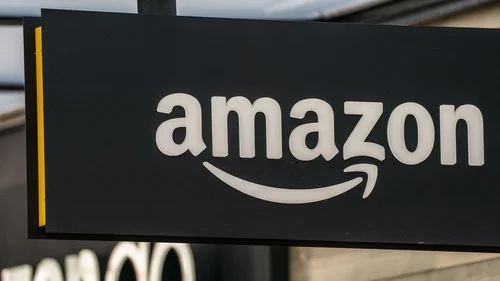
US regulators have taken legal action against Amazon, accusing the internet giant of maintaining an illegal monopoly. The Federal Trade Commission (FTC) asserts that Amazon employs a range of anticompetitive and unfair tactics to increase prices and quash competition. Amazon has responded by stating that the lawsuit is flawed both in terms of facts and law, and they eagerly anticipate defending their case in court.
This lawsuit is the latest in a series of legal actions brought against major technology companies by US regulators. Lina Khan, the head of the FTC, has had Amazon in her sights for years. In 2017, she published a significant academic paper asserting that Amazon had eluded antitrust scrutiny and was moving towards monopolistic dominance.
Since Khan’s appointment as FTC Chair in 2021, this case has been widely anticipated as a litmus test of her leadership. The power wielded by a handful of tech giants has prompted calls from US politicians for measures to foster more competition in online search, retail, and social media.
Despite Khan’s strong rhetoric against Big Tech, the FTC has seen limited success. In February, it failed to prevent Meta’s acquisition of VR company Within, and in July, it was unable to halt Microsoft’s purchase of the maker of Call of Duty.
The FTC, along with 17 state attorneys, contends that Amazon acts as a “monopolist,” preventing rivals and sellers from reducing prices, and in doing so, harming consumers financially. Amazon counters that a successful FTC lawsuit would lead to fewer product choices, higher prices, and slower deliveries for consumers.
The crux of the case revolves around consumers suffering financial losses and receiving less favorable deals due to the alleged monopoly. US antitrust laws are intricate, requiring prosecutors to demonstrate that companies have acted in a manner that adversely affects consumers economically. This can be a challenging task in the case of Big Tech, as many of their services are free, such as Google’s search engine or Meta’s Instagram.
Recently, Google found itself embroiled in a court battle with the US government over allegations of possessing an advertising technology monopoly. The outcome of these legal battles will shape the future of competition in the tech industry, with potential ramifications for consumers and the digital landscape at large.








